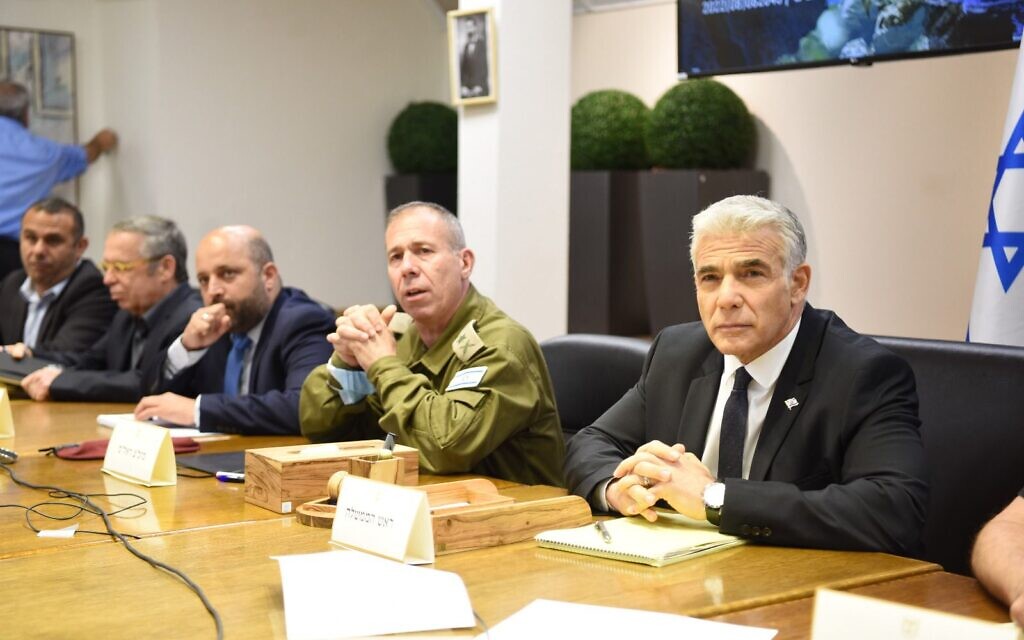It was a case of deja vu all over again.
The latest outbreak of cross-border fighting in and around the Gaza Strip petered out in the waning hours of August 7 following a ceasefire brokered by Egypt.
The three-day conflict was the most intense round of warfare since the fourth Gaza war in May 2021, which was initiated by Hamas — the governing authority in Gaza since 2006 — and raged for eleven days.
Previous wars broke out in 2008, three years after Israel’s unilateral withdrawal from Gaza, and yet again in 2012 and 2014.
Operation Breaking Dawn, as the Israeli government dubbed its offensive, pitted Israel against Islamic Jihad, which is backed by Iran, Israel’s strongest enemy. Although Hamas shares the same ideology and objectives as Islamic Jihad, namely Israel’s destruction, it did not participate in this prolonged skirmish.
This was not the first time Hamas chose to remain on the sidelines. Hamas, an ally of Iran, did not intervene when Israel and Islamic Jihad last clashed in 2019.
Hamas exercised restraint out of an abundance of caution, realizing that its participation in hostilities would jeopardize the work permits of 14,000 Gazans employed in Israel and cut the flow of Gaza’s agricultural produce into Israel.
Udi Dekel, a research fellow at the Institute for National Security Studies, writes in a paper that Israel offers Gaza economic incentives to keep the peace. But Israel is acutely aware that this policy “strengthens Hamas and its control of (Gaza), as well as its status in the internal Palestinian competition against the Palestinian Authority and Fatah.”
He adds, “According to Israeli logic, the economic relief does indeed strengthen Hamas, but also raises the price of its loss in case of escalation, and this should therefore motivate Hamas to restrain terrorist elements” in Gaza.
The latest bout of fighting erupted after one of the quietest periods in southern Israel since Israel’s pullout from Gaza seventeen years ago. Hamas was unable or unwilling to restrain Islamic Jihad in this instance.
Until this past June, Palestinian factions in Gaza had fired only eleven rockets and mortars at Israel since 2021. Last month, however, new tensions arose when the Israeli Air Force bombed Hamas’ weapon production facilities in response to a rocket barrage from Gaza.
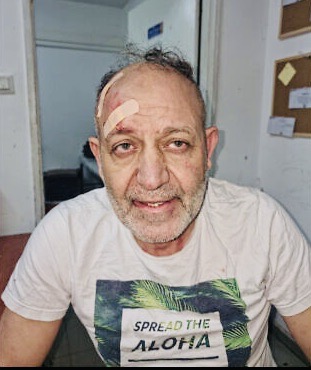
Until quite recently, Israeli analysts believed that Hamas would initiate the next round of fighting in Gaza. But the newest outbreak of fighting was launched preemptively by the Israeli government after the arrest of Bassam al-Saadi, the Islamic Jihad leader in the West Bank, which is largely occupied by Israel.
Since a rash of Palestinian and Israeli Arab terrorist attacks in March and April, which claimed the lives of 17 Israelis and two foreign workers, the Israeli army has carried out a succession of raids in the northern West Bank. Israel focused its attention on Jenin, a hotbed of anti-Israel resistance. Forty Palestinians were killed during these operations.
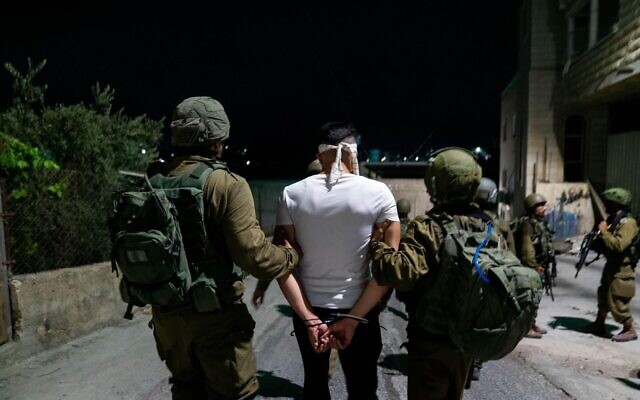
With Islamic Jihad promising to avenge Saadi’s arrest, Israel imposed economically and psychologically damaging closures and lockdowns in communities near Gaza.
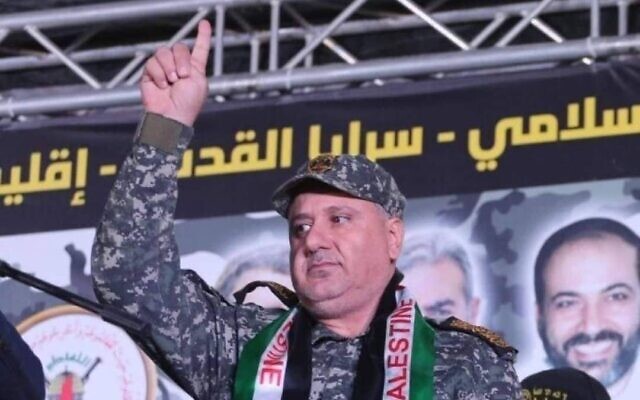
Fearing an imminent attack from Islamic Jihad, Israel reacted swiftly, assassinating Tayseer Jabari, Islamic Jihad’s commander in northern Gaza. His predecessor, Baha Abu al-Ata, met a similar fate three years ago. The next day, Israel killed Khaled Mansour, Islamic Jihad’s commander in southern Gaza.
With Jabari and Mansour removed from the scene, Israel virtually eliminated Islamic Jihad’s military leadership, according to General Oded Basiuk, the head of the Israeli army’s operations directorate.
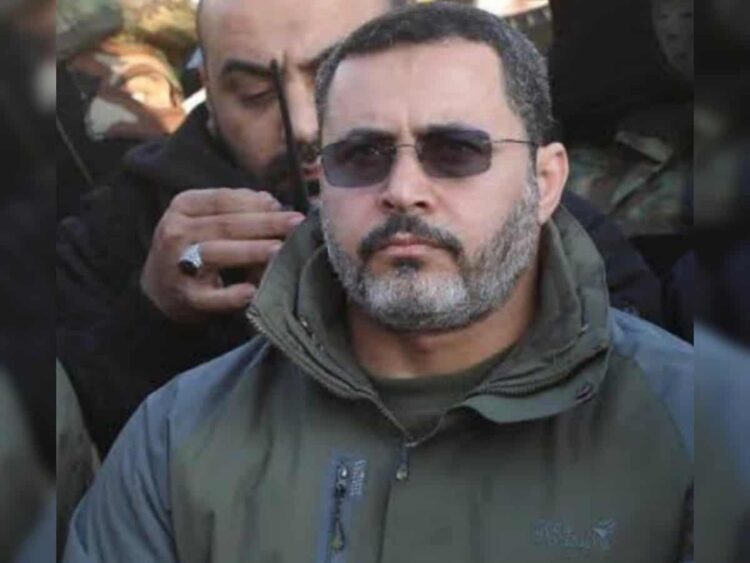
Jabari and Mansour were slain while Islamic Jihad’s general- secretary, Ziad Nakhaleh, was on an official visit in Iran. There he met Iranian President Ebrahim Raisi and conferred with Hossein Salami, the head of the Islamic Revolutionary Guards Corps.
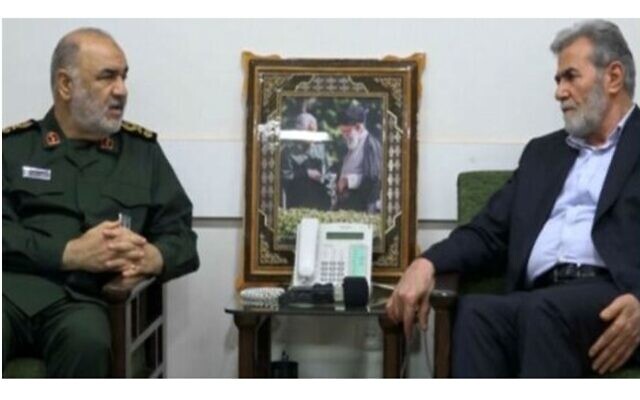
Justifying Jabari’s assassination, Israeli Prime Minister Yair Lapid said, “The directive the security forces received from us was clear: Israel will not sit idly by when there are those who are trying to harm its civilians. Terrorist organizations will not set the agenda in the area adjacent to Gaza. We will not tolerate any threat against our civilians.”
He added, “Today’s activity in Gaza was against concrete threats which disrupted daily routine in southern Israel. Israel isn’t interested in a wider conflict in Gaza, but will not shy away from one either. Islamic Jihad is an Iranian proxy that wants to destroy the State of Israel and kill innocent Israelis. The head of Islamic Jihad is in Tehran as we speak.”
Responding to Jabari’s death, Islamic Jihad fired scores of rockets and mortars at Israeli towns. Israel retaliated with airstrikes targeting command posts, arms stockpiles and rocket and mortar manufacturing facilities.
With a truce in the works, Lapid said that Israel had met its goals and that there was no point in prolonging the operation.
Until the ceasefire took root, Islamic Jihad bombarded Israel ceaselessly. By the end of August 7, 1,100 rockets and mortars had been launched toward Israel. Many fell short or landed in open areas in Israel. Not a single Israeli was killed, but scores of civilians were slightly injured. Property damage was limited.
Forty four Palestinians were killed, the majority combatants, and 360 were injured.
Israel’s Iron Dome missile defence system, which was first deployed in 2011, performed exceptionally well, intercepting 96 percent of incoming rockets and mortars, some of which were aimed at Jerusalem, Tel Aviv and Ben-Gurion Airport.
Its success rate was a marked improvement over previous years. In 2012 and 2014, Iron Dome shot down 75 percent and 80 percent of incoming projectiles. Last year, Iron Dome achieved an interception rate of 90 percent.
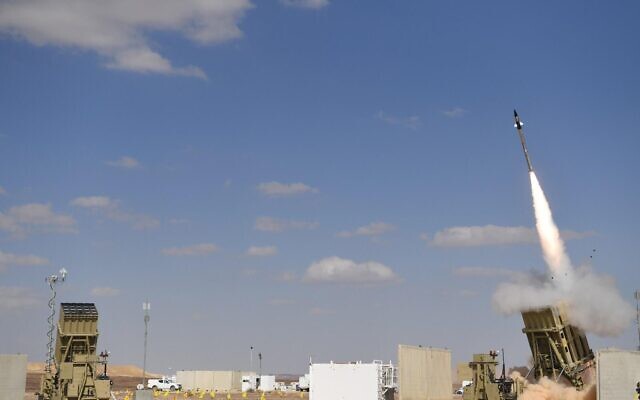
Abu Hamza, a spokesman for Islamic Jihad’s Al-Quds Brigades, boasted yesterday that Islamic Jihad had still not used all its rocket capabilities. Claiming it could inflict pain on Israel, he urged Palestinians in the West Bank and Israeli Arabs to launch a “massive uprising” to drive the “enemy from all of Palestine.”
This is the stuff of fantasy, of course, but Operation Breaking Dawn has not in the least altered the status quo in Gaza, which is mired in poverty and is still a tinderbox.
Israel and Palestinians factions in Gaza remain at war. Israel’s air, sea and land blockade of Gaza is still in effect. Islamic Jihad and Hamas pour precious funds into upgrading their military capabilities.
What is certain is that another military confrontation between Israel and its Palestinian foes in Gaza is inevitable.
